
The poet’s subtle discourse in criticism of the Shí‘ites of Aleppo. نکته گفتن آن شاعر جهت طعن شیعه حلب
گفت آری لیک کو دور یزید کی بدست این غم چه دیر اینجا رسید
“Yes,” said he; “but where (in relation to our time) is the epoch of Yazíd? When did this grievous tragedy occur? How late has (the news of) it arrived here!
چشم کوران آن خسارت را بدید گوش کران آن حکایت را شنید
The eyes of the blind have seen that loss, the ears of the deaf have heard that story.
خفته بودستید تا اکنون شما که کنون جامه دریدیت از عزا
Have ye been asleep till now, that (only) now ye have rent your garments in mourning?
پس عزا بر خود کنید ای خفتگان زانک بد مرگیست این خواب گران
Then, O sleepers, mourn for yourselves, for this heavy slumber is an evil death.
روح سلطانی ز زندانی بجست جامه چه درانیم و چون خاییم دست
A royal spirit escaped from a prison: why should we rend our garments and how should we gnaw our hands?
چونک ایشان خسرو دین بودهاند وقت شادی شد چو بشکستند بند
Since they were monarchs of the (true) religion, ’twas the hour of joy (for them) when they broke their bonds.
سوی شادروان دولت تاختند کنده و زنجیر را انداختند
They sped towards the pavilion of empire, they cast off their fetters and chains.
روز ملکست و گش و شاهنشهی گر تو یک ذره ازیشان آگهی
Tis the day of (their) kingship and pride and sovereignty, if thou hast (even) an atom of knowledge of them.
ور نهای آگه برو بر خود گری زانک در انکار نقل و حشری
And if thou hast not (this) knowledge, go, weep for thyself, for thou art disbelieving in the removal (from this world to the next) and in the assembly at the Last Judgement.
بر دل و دین خرابت نوحه کن که نمیبیند جز این خاک کهن
Mourn for thy corrupt heart and religion, for it (thy heart) sees naught but this old earth.
ور همیبیند چرا نبود دلیر پشتدار و جانسپار و چشمسیر
Or if it is seeing (the spiritual world), why is it not brave and supporting (others) and self-sacrificing and fully contented?
در رخت کو از می دین فرخی گر بدیدی بحر کو کف سخی
In thy countenance where is the happiness (which is the effect) of the wine of (true) religion? If thou hast beheld the Ocean (of Bounty), where is the bounteous hand?
آنک جو دید آب را نکند دریغ خاصه آن کو دید آن دریا و میغ
He that has seen (found) a river does not grudge water (to the thirsty), especially he that has beheld that Sea and (those) Clouds.”
Special Offers
by: Reza about (category: Masnavi, Persian Poetry)



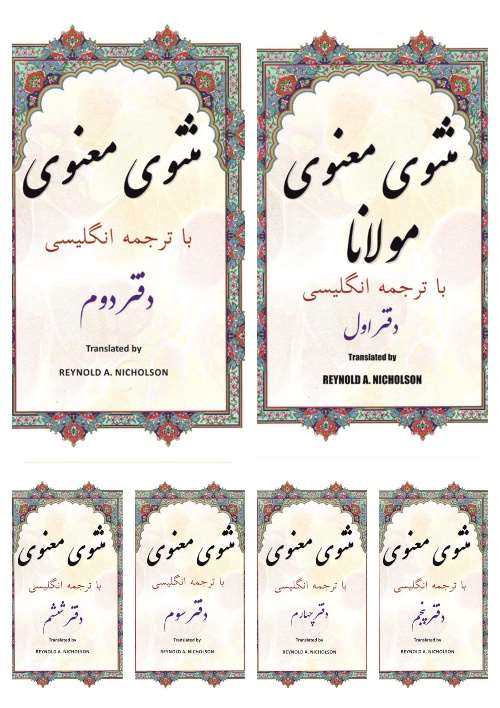
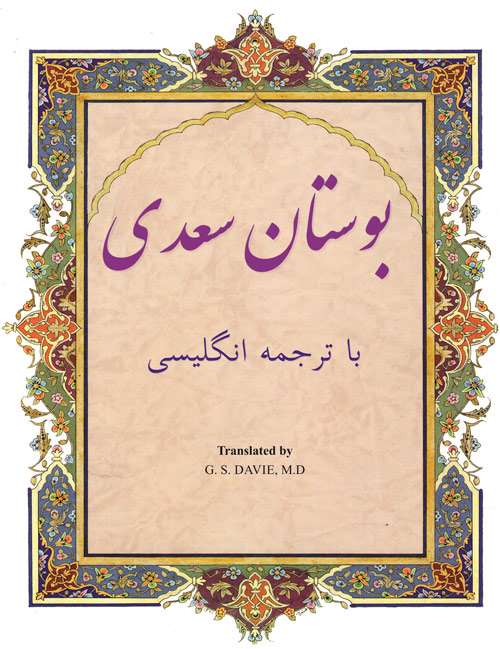
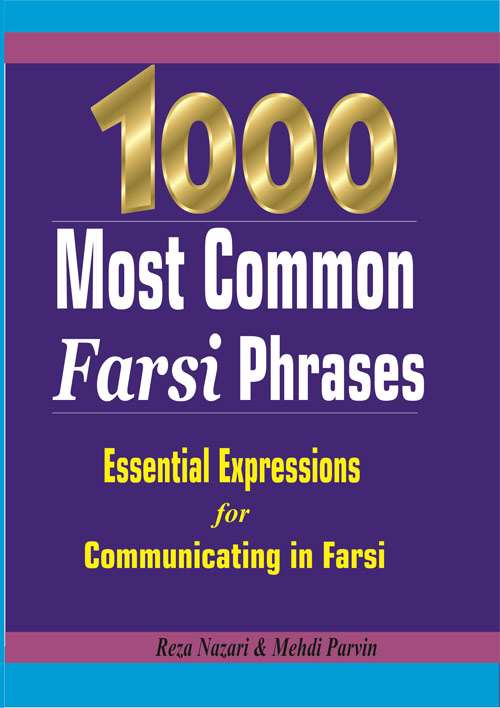
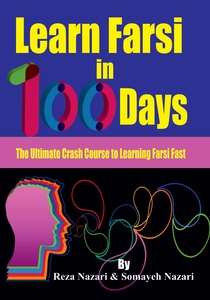






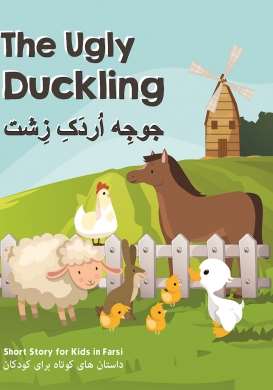
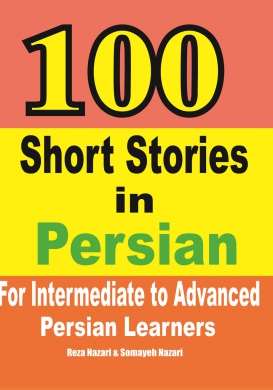

What people say about "The poet's subtle discourse"?
No one replied yet.